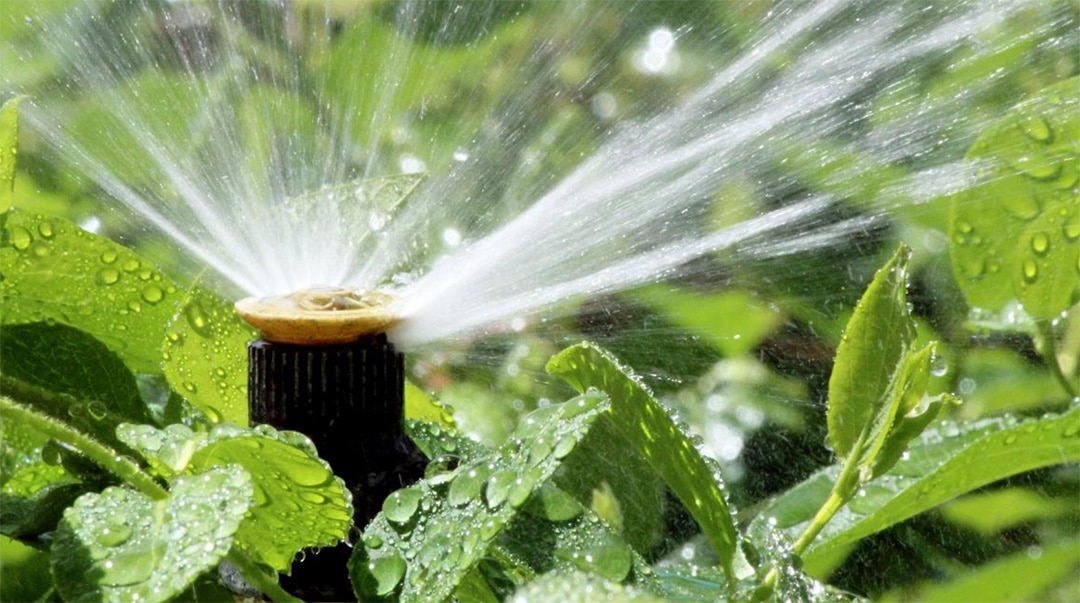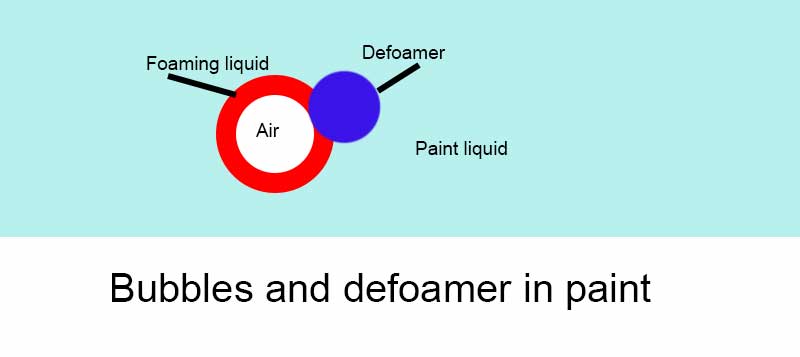The Role of Defoamers in the Chemical and Food Processing Industries
The Role of Defoamers in the Chemical and Food Processing Industries
Blog Article
The Function of Defoamers in Enhancing Product High Quality and Performance
Defoamers offer as necessary additives that minimize this concern, making sure smoother manufacturing workflows while enhancing the useful and visual characteristics of the final products. The selection of the proper defoamer can be essential to attaining optimal outcomes, raising important concerns regarding formula compatibility and efficiency metrics that merit more exploration.
Comprehending Defoamers
Recognizing the function of defoamers is vital for keeping item quality throughout numerous sectors. Defoamers are chemical ingredients developed to decrease and prevent the formation of foam in liquid systems, which can adversely impact processes such as blending, loading, and surface stress. Lathering can cause ineffectiveness, product issues, and endangered visual charm, making defoamers a crucial element in making operations.
In commercial applications, defoamers help to improve item uniformity and stability. The efficient use of defoamers not only makes certain smoother production processes but likewise adds to exceptional item efficiency.
Moreover, the selection and solution of a defoamer should straighten with details application needs, such as compatibility with various other ingredients, performance under varying temperature level and pH problems, and potential regulatory restraints. Eventually, recognizing defoamers' features and their relevance in different solutions is vital for enhancing manufacturing and guaranteeing the best output.
Sorts Of Defoamers
Defoamers can be classified into numerous types based on their make-up and device of activity. The main kinds consist of silicone-based, non-silicone organic, and not natural defoamers.
Silicone-based defoamers are among one of the most efficient, primarily as a result of their ability to spread out swiftly on the liquid surface and interfere with foam formation. Their one-of-a-kind chemical framework enables for exceptional security, making them ideal for high-temperature applications and settings with varying pH levels.
Non-silicone natural defoamers, often made up of natural oils or fats, are valued for their biodegradability and reduced toxicity. These are normally utilized in food and drink applications where safety and security and ecological influence are paramount.
Inorganic defoamers, which consist of substances like talc or calcium carbonate, act by increasing the density of the liquid, therefore lowering foam security. They are commonly utilized in industrial processes where compatibility with various other products is not a worry.
Each kind of defoamer has distinctive benefits and restrictions, enabling tailored services relying on the specific frothing concerns experienced in different applications. Comprehending these differences is essential for optimizing performance and achieving preferred item quality.
Applications Throughout Industries
Many industries take advantage of defoamers to improve item quality and functional efficiency. In the food and beverage market, defoamers are important in procedures such as developing and dairy products manufacturing to avoid foam development, which can cause inefficiencies and item incongruity. By managing foam, manufacturers can make certain much better yield and a more uniform item.
In the pharmaceutical market, defoamers play a crucial function in the solution of fluid medicines, where too much foam can restrain mixing and accurate dosing. Their usage helps keep the stability of the formulations and promotes smoother manufacturing procedures.
The paint and coverings sector additionally counts on defoamers to improve the efficiency of products throughout application. By decreasing foam, these additives make sure a smoother surface and enhance the aesthetic high qualities of the last item.

Advantages of Utilizing Defoamers
While the application of defoamers varies across industries, their advantages constantly enhance product quality and procedure performance. One substantial advantage is the reduction of foam development during manufacturing procedures, which can otherwise cause manufacturing hold-ups and incongruities in product quality. By decreasing foam, defoamers enable a smoother circulation of materials, facilitating much more reliable procedures and reducing the chance of equipment malfunctions.
Furthermore, making use of defoamers can improve the look and structure of last items. In fields check these guys out such as finishes, paints, and food processing, extreme foam can compromise the aesthetic aesthetic appeals and overall quality, while the appropriate defoamer application ensures a consistent coating and preferable characteristics. Defoamers can contribute to set you back financial savings by lowering waste during production and maximizing the use of raw products.

Selecting the Right Defoamer
Selecting the ideal defoamer is crucial for maximizing production procedures and making certain product high quality. The selection of defoamer influences not only the efficiency of foam control however additionally the total performance attributes of the end product. Aspects to take into consideration include the kind of application, the chemistry of the formulation, and the ecological problems under which the product will be made use of.
Various industries may require specific defoamer kinds, such as silicone-based, natural, or polymeric defoamers. Comprehending the compatibility of the defoamer with the key ingredients is crucial to stay clear of negative reactions that might compromise item stability. Furthermore, the defoamer's effectiveness in numerous temperature levels and pH levels have to be reviewed to make sure consistent efficiency.
Checking the defoamer in small-scale applications can supply valuable understandings into its performance and viability. Consideration of governing compliance, specifically in food, pharmaceuticals, and cosmetics, is critical in selecting a defoamer. Eventually, a complete assessment of these variables will result in the selection of a defoamer that not just regulates foam efficiently yet also improves the top quality and performance of the last item.
Conclusion

Finally, defoamers are necessary ingredients that substantially boost item quality and efficiency across different sectors. By effectively decreasing foam development, these representatives not just enhance operational effectiveness however likewise add to the visual and useful integrity of products. The critical selection and application of defoamers cause set you back financial savings, maximized source usage, and enhanced client fulfillment. In general, the importance of defoamers in commercial procedures can not be overemphasized, as they play a vital duty in achieving high-quality and consistent outcomes.
Lathering can lead to ineffectiveness, product issues, and endangered aesthetic appeal, making defoamers a vital component in making procedures.

Report this page